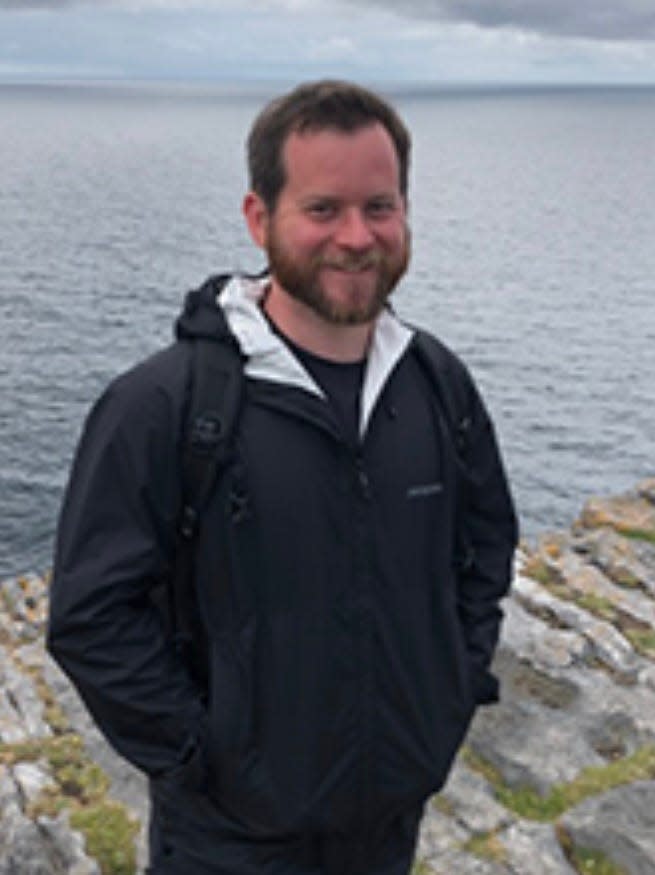Come hear about environmental disasters, religious responses April 28 at Oak Ridge church
- Oops!Something went wrong.Please try again later.
“Environmental Disasters and Religious Responses: Case Studies from Appalachia and the U.S. Gulf Coast” is the title of the next talk in the Science and Faith Lecture Series co-sponsored by First Presbyterian Church and First United Methodist Church (FUMC), both of Oak Ridge.
Joseph Witt, associate professor of religious studies in the Department of Religious Studies at the University of Tennessee at Knoxville, will address this topic on Sunday, April 28, at 1:30 p.m. at FUMC, 1350 Oak Ridge Turnpike.

Witt is the author of the 2016 book “Religion and Resistance in Appalachia: Faith and the Fight against Mountaintop Removal Coal Mining.” The book concerns his investigation of how religious worldviews shaped attitudes toward mountaintop removal coal mining in Appalachia in multiple ways, and conversely, how debates about mountaintop removal also shaped new religious responses.
Before joining the UT faculty in 2023, Witt served from 2011 to 2022 as assistant and later associate professor of religion at Mississippi State University. He has a B.A. degree in philosophy and religion from Hendrix College and M.A. and Ph.D. degrees in religious studies from the University of Florida.
Witt’s research, teaching and public engagement have centered on religious studies and analyses of community encounters with environmental issues such as resource extraction, pollution, climate change and food insecurity.
He provided the following summary of his upcoming talk.
“Natural disasters are a regular challenge for communities around the world. But when those disasters are associated with industrial activities such as coal mining or oil exploration, they can lead to unique and long-term challenges for impacted communities above and beyond the need to address immediate health and safety threats.
“I will describe recent social-scientific research on industry-associated disasters on the U.S. Gulf Coast and in Appalachia, highlighting the ways that religious institutions helped negotiate community responses. This research shows that, while religious institutions proved integral in helping recovery efforts, they were also limited in their abilities to address certain challenges due to the complexities of the social relations in which they were entangled.”
A reception with drinks and dessert snacks will follow the lecture.
This article originally appeared on Oakridger: Environmental disasters, religious responses to be discussed Sunday

